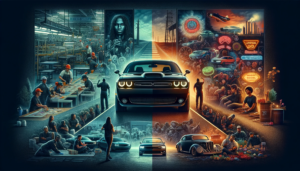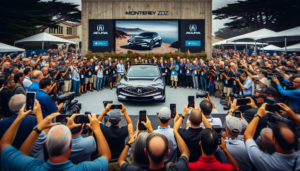In a significant development affecting the future of self-driving cars, Tesla has initiated a major recall impacting over 2 million vehicles.
This move comes amidst heightened scrutiny from the National Highway Traffic Safety Administration (NHTSA) following numerous crashes involving Tesla’s Autopilot feature.
Tesla’s Autopilot Under Investigation
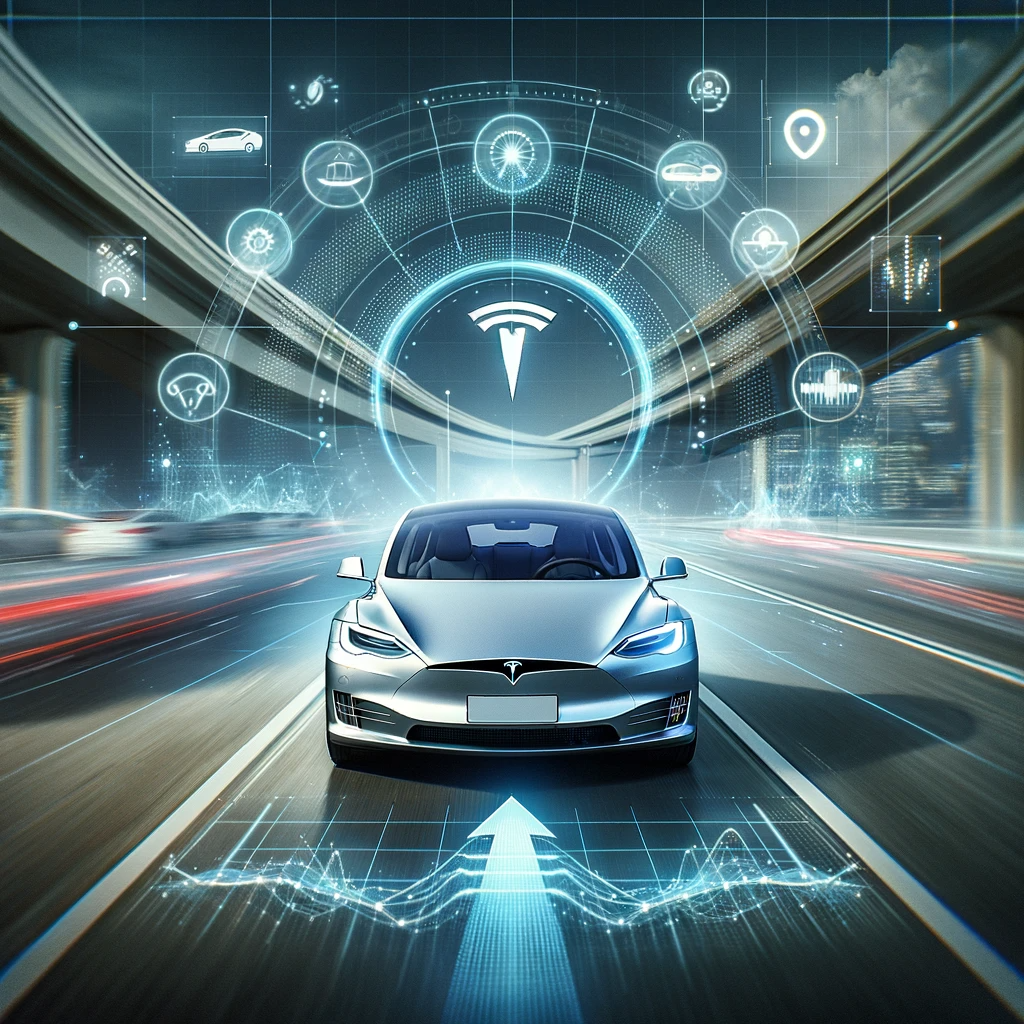
For nearly two years, the NHTSA has been investigating incidents involving Tesla models utilizing the Autopilot self-driving feature.
This scrutiny parallels the challenges faced by General Motors, which withdrew its Cruise robotaxis from San Francisco streets after several high-profile accidents.
The Scope of Tesla’s Recall
Tesla’s recall affects a vast range of models, including the Models 3, Y, S, and X, produced between 2012 and 2023.
Central to this recall is the Autosteer and Traffic-Aware Cruise Control (TACC) functionalities of Tesla’s Autopilot system, which offers limited steering, braking, and acceleration support to the driver.
NHTSA’s Safety Concerns
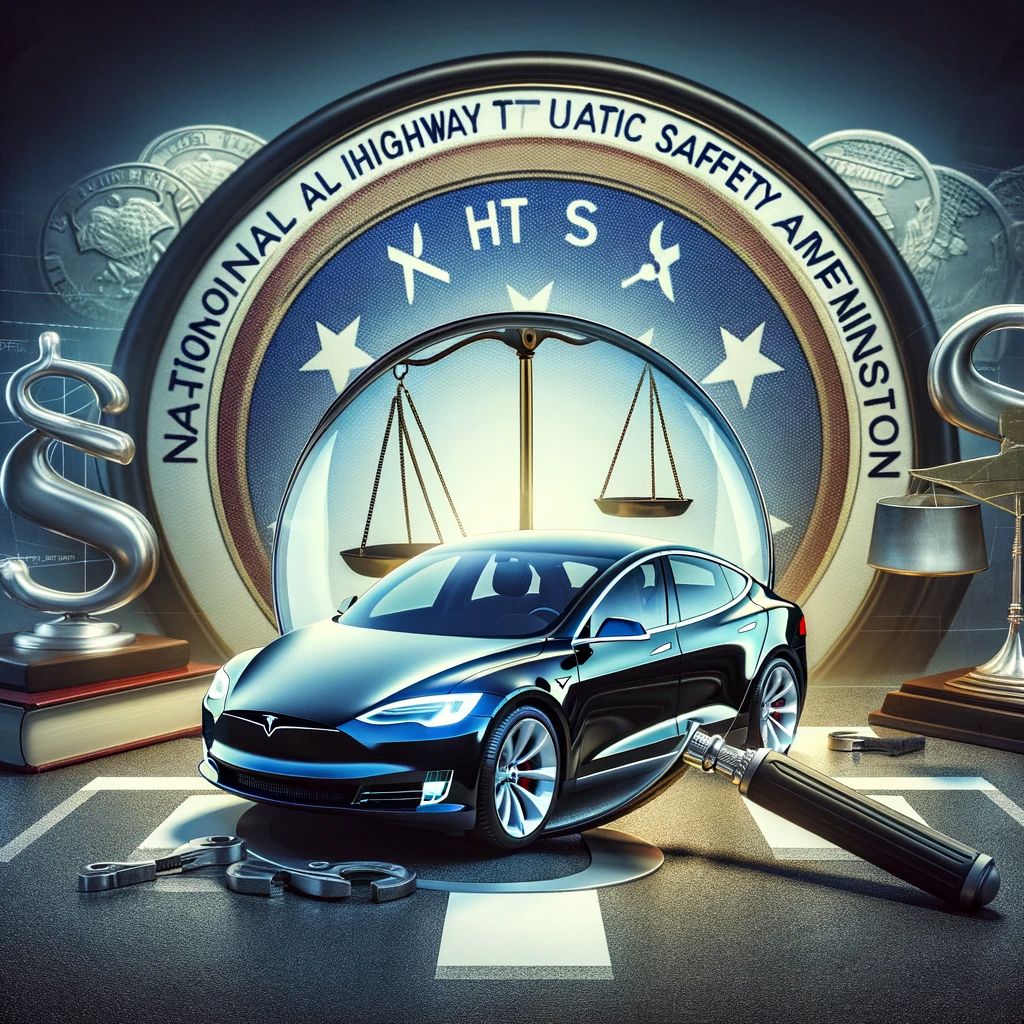
The NHTSA’s Safety Recall Report 23V-838 emphasizes that while Autosteer is activated, the driver remains in control and responsible for the vehicle.
However, the agency has raised concerns about the potential for driver misuse of these advanced driver-assistance features.
Tesla’s Response to the Recall
Contradicting the NHTSA’s analysis, Tesla plans to address the recall through an over-the-air software update, commencing from December 12.
This approach negates the need for physical servicing of the vehicles.
Tesla’s proactive stance in software updates reflects its commitment to vehicle safety and functionality.
Elon Musk’s Vision and Controversy
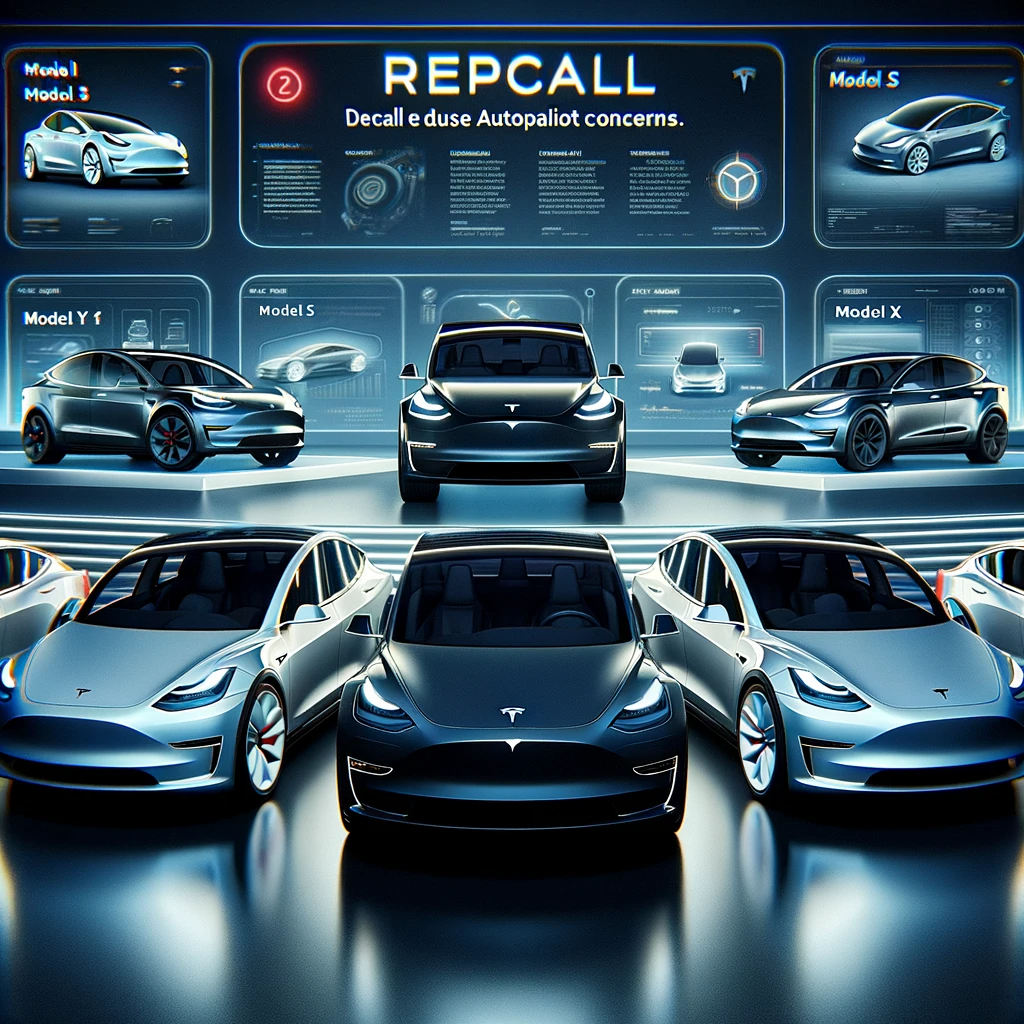
Elon Musk, Tesla’s CEO, has been a vocal advocate for the advancement of self-driving technology.
Despite his claims of Tesla vehicles possessing the necessary hardware for Level 5 autonomy, Tesla’s Autopilot has been a subject of controversy, especially in light of social media videos showing misuse of the feature.
NHTSA’s Safety Message
The NHTSA continues to stress the importance of driver vigilance, reminding Tesla owners to keep hands on the wheel and remain attentive, even when Autopilot is engaged.
This message is critical in ensuring safe operation and preventing accidents.
Impact on Tesla Owners
Tesla owners, like “Pat,” a Model Y owner, generally express confidence in Tesla’s commitment to regular updates and safety enhancements.
While acknowledging the limitations of the current ‘full self-driving’ software, they remain optimistic about future improvements.
Tesla’s Ongoing Challenges
As Tesla navigates through these challenges, the company remains at the forefront of autonomous driving technology.
However, the balance between innovation and safety remains a crucial aspect that Tesla must continuously address to uphold its reputation and ensure the safety of its customers.
The Road Ahead
As the world watches Tesla’s response to this recall, the incident underscores the broader implications for the self-driving car industry.
Companies like Tesla must navigate the complex terrain of technological innovation, public safety, and regulatory compliance.
The outcome of Tesla’s current challenge could set a precedent for the future of autonomous vehicles.
This article provides an in-depth exploration of Tesla’s recent Autopilot recall, highlighting the implications for the automotive industry and the ongoing debate surrounding self-driving technology.


